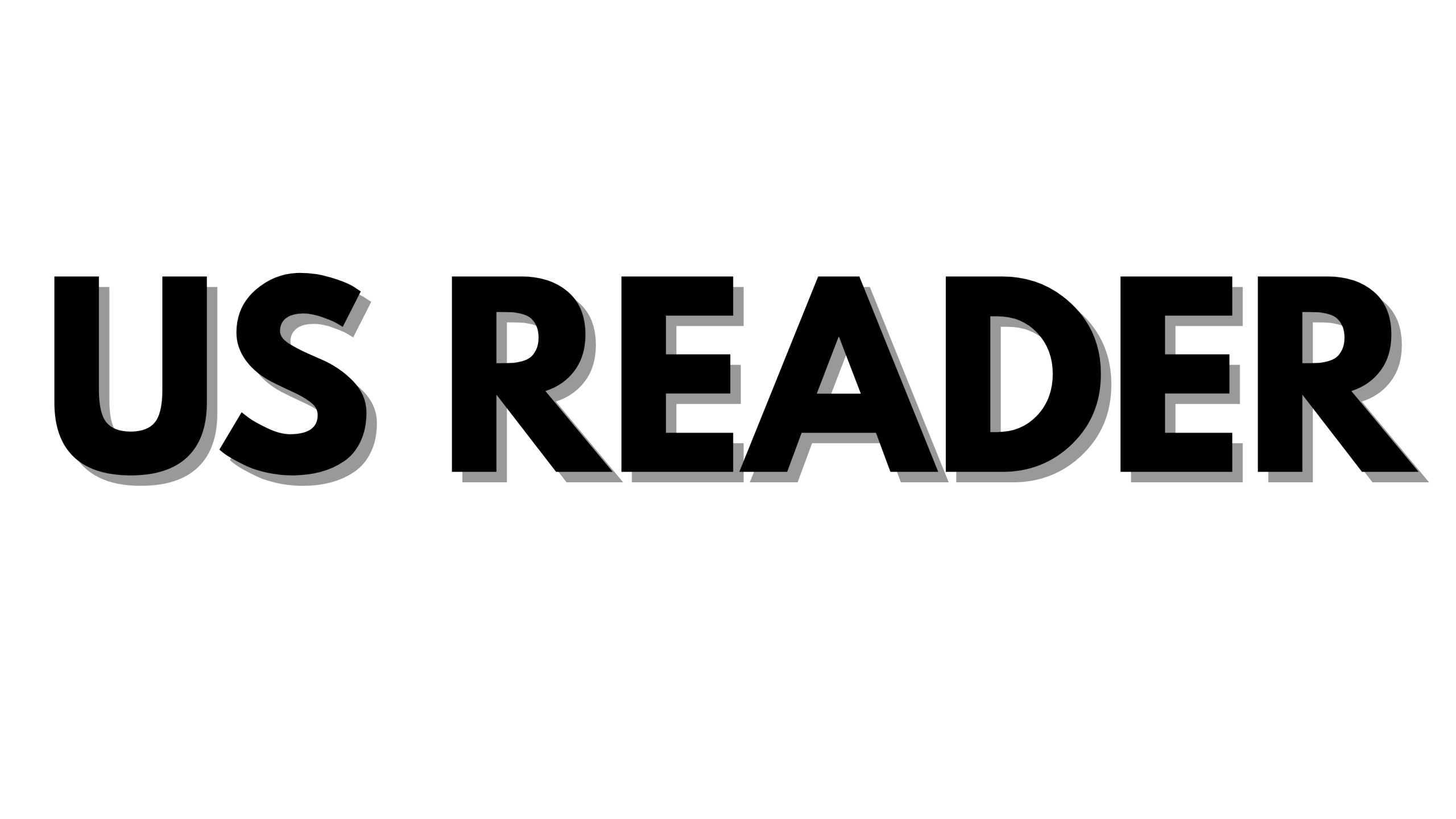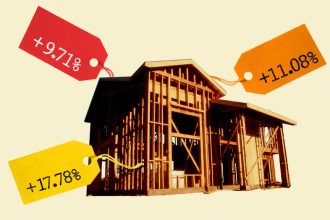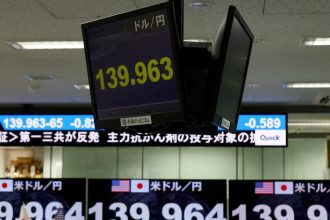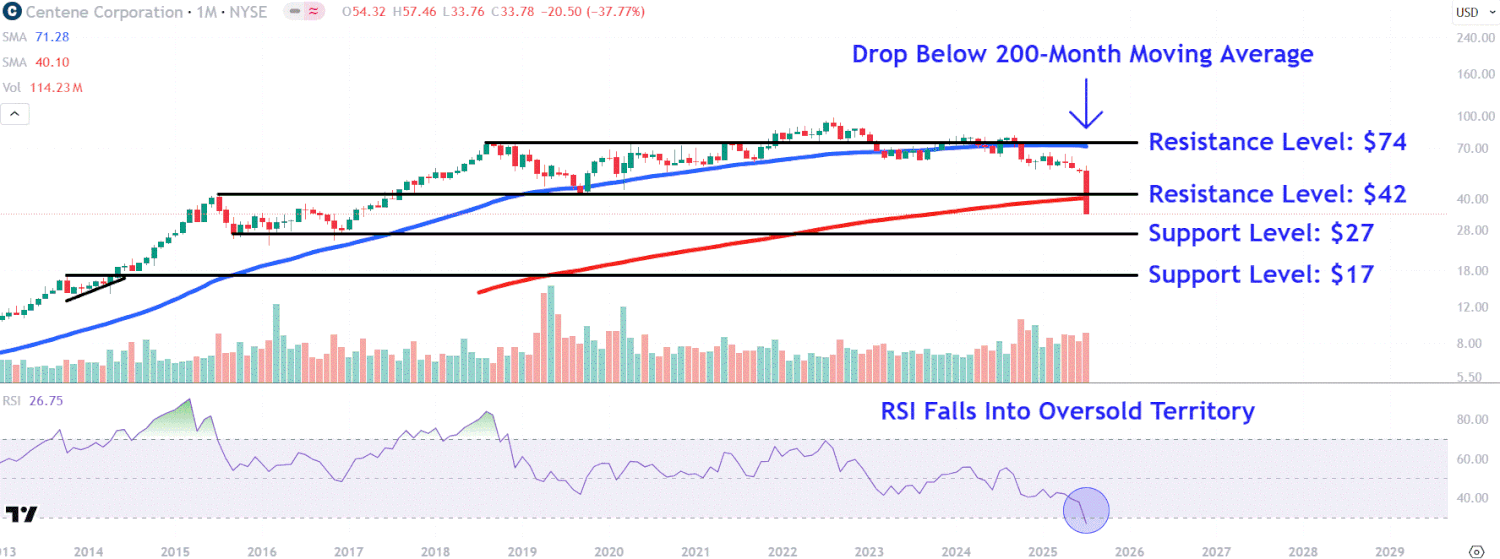The Congressional Budget Office (CBO) has projected that President Donald Trump’s sweeping tax cut and spending bill could contribute an alarming $3.4 trillion to the federal deficit over the next decade. This concern has led many economists to assert that the rising deficit could push the nation into a precarious financial situation.
For years, advocates for fiscal responsibility have sounded the alarm about the detrimental effects of increasing U.S. debt. However, experts argue that the current context is particularly alarming; the nation’s debt has reached such unprecedented levels that any further increase could spell disaster. Kent Smetters, a professor at the University of Pennsylvania’s Wharton School, metaphorically described the situation, stating, “It’s like the house is burning down and we’re throwing in some accelerant instead of some fire extinguisher.” He added that the nation’s fiscal health was already compromised before this new legislation, warning that substantial reforms are urgently needed within the next 20 years to avoid severe repercussions.
Smetters elaborated, “If we don’t, the ramifications are pretty serious. Bond markets can be really, really disciplinary.”
Central to the ongoing debate is Trump’s proposed policy measure that, according to the CBO, could significantly exacerbate the current deficit. The White House has challenged these projections. Trump took to social media, asserting that increased economic growth and tariff revenues would mitigate the bill’s costs, stating, “Our country is going to explode with massive growth … This bill sets us on course for enormous prosperity in the new and wonderful Golden Age of America.”
However, this optimistic view is not universally shared among economists. Trump’s proposal is notably one of the most expensive pieces of legislation in decades, while also reducing future tax revenue significantly. The federal debt currently stands at unprecedented levels, roughly equivalent to the total U.S. economy, with estimates suggesting that around 25% of personal income tax payments are allocated toward servicing this debt.
Experts warn that rising deficits can lead to higher interest rates, resulting in steeper costs for mortgages and car loans, while also limiting business investments necessary for enhancing worker productivity. Douglas Elmendorf, a Harvard Kennedy School professor and former White House economist, emphasized the importance of maintaining fiscal flexibility, pointing out, “It’s like a family that taps out its credit cards and then has a problem with the roof of their house. You want to have a little room to maneuver in case bad things happen, and we are running out of that room.”
The U.S. effectively managed the 2008 financial crisis and the subsequent COVID-19 pandemic through substantial government spending, yet that debt remains unresolved. This has led to fewer options for action in response to future crises.
Historically, the U.S. has held a unique position as the world’s largest economy and issuer of the global reserve currency, which has fueled robust demand for U.S. debt. However, current trends in the bond markets have raised questions about this confidence. Economists express concern that potential investor skepticism regarding the U.S. economy’s strength and its ability to meet debt obligations could destabilize the situation.
This could trigger a negative cycle—higher debt leading to increased interest rates, which exacerbates debt levels, complicating the sale of debt instruments. Elmendorf warned,
This bill will make interest rates higher and makes the risks of falling into a doom loop higher than it would be otherwise. But economists still don’t know when we’d hit the doom loop.
If such a scenario were to materialize, the U.S. may be compelled to implement painful austerity measures, which could drastically impact living standards. Elmendorf concluded, “If we fall into a doom loop, then the U.S. has to make dramatic cutbacks in federal benefit programs like Social Security and Medicaid and sharply raise taxes. That will be really bad for people’s standard of living. That’s why it’s important to take moderate actions before that happens.”












